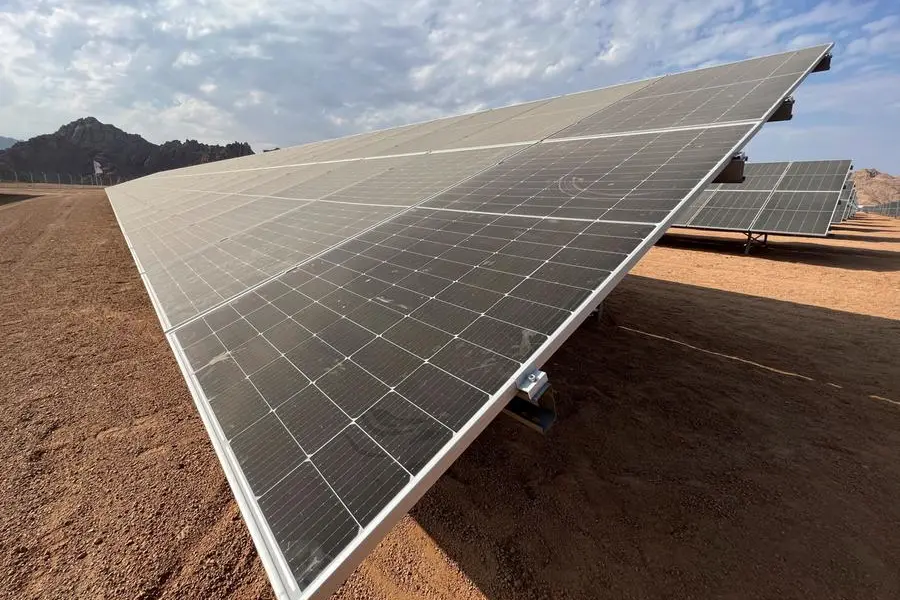PHOTO
Egypt - Minister of Electricity Mahmoud Esmat has reviewed the status of the Integrated Sustainable Energy Strategy until 2040, stressing the need to update the strategy to assess the possibility of increasing the renewable energy’s contribution to Egypt’s energy mix and incorporating green hydrogen, as per a statement.
Due to the current internal and external changes in the energy sector, global economic shifts, emerging technologies like green hydrogen, and the exclusion of coal from the energy mix, updating this strategy has become necessary, Esmat highlighted.
This came during the Supreme Energy Council meeting, chaired by Prime Minister Mostafa Madbouly, to review the measures taken to promote the private sector’s investments in renewable energy projects.
During the meeting, Esmat stated that wind power projects with a total capacity of up to 3,450 megawatts (MWs) are under development.
He added that solar energy projects with a total capacity of 3,700 MWs are being implemented, saying that ministry’s negotiations with developers led to the implementation of battery storage systems with a total capacity of 2,840 megawatt hours (MWh) to enhance the performance and stability of the national electricity grid.
Moreover, the minister outlined the actions taken to encourage private sector investments in renewable energy projects, adding that around 42,600-square-kilometer land plots were allocated to the New and Renewable Energy Authority (NREA) to implement projects, including green hydrogen production ones.
In addition, a government guarantee was provided to the Egyptian Electricity Transmission Company (EETC) to ensure payment for the energy purchased from investors, and long-term energy purchase agreements extending up to 25 years were also sealed.
The minister also highlighted that the incentive measures include granting lands for setting up the projects in exchange for 2% of the electricity produced annually.
Furthermore, customs duties on components and spare parts of renewable energy systems were cut to 2% from 5%, and the value-added tax was reduced to 5% from 14%.
© 2020-2023 Arab Finance For Information Technology. All Rights Reserved. Provided by SyndiGate Media Inc. (Syndigate.info).





















